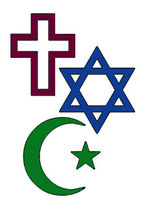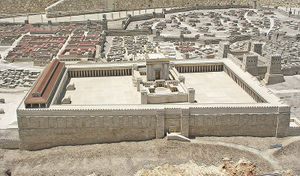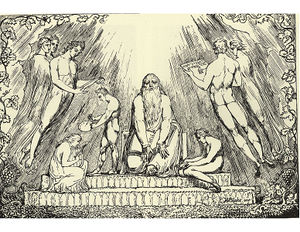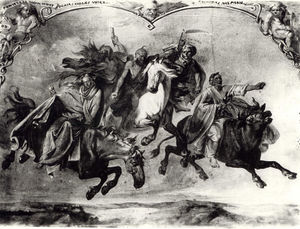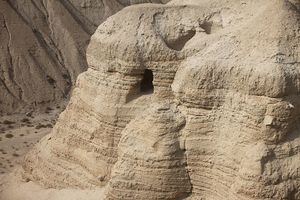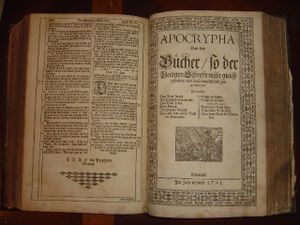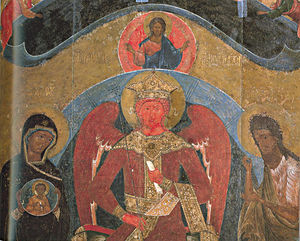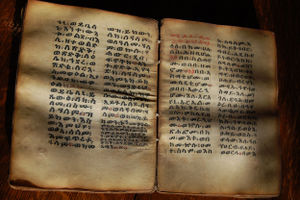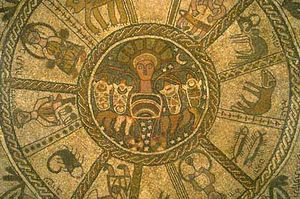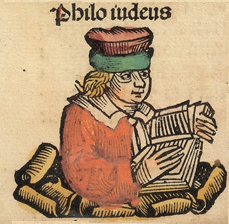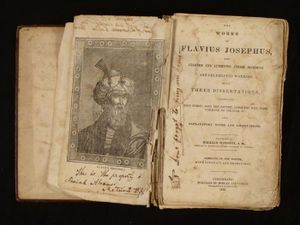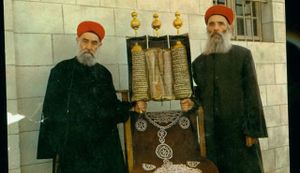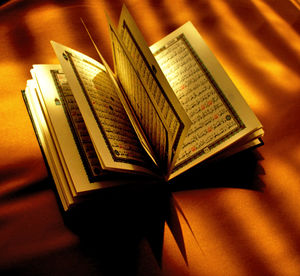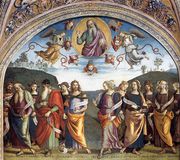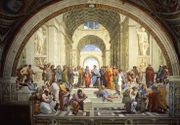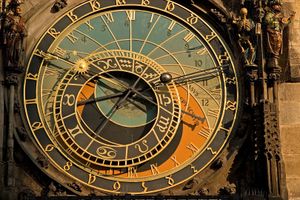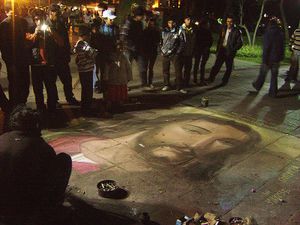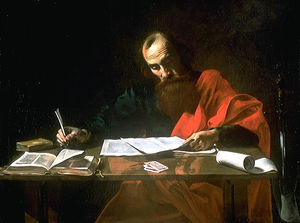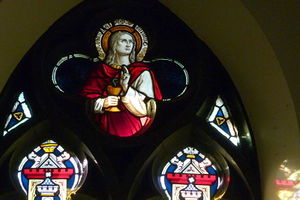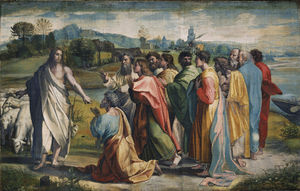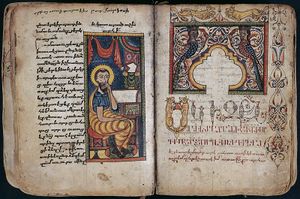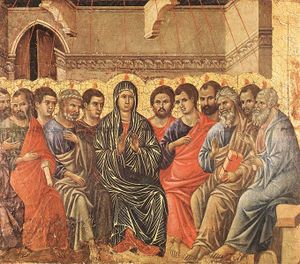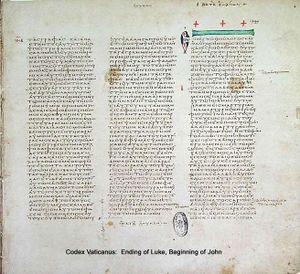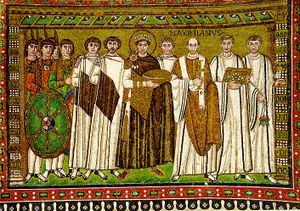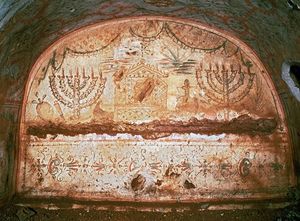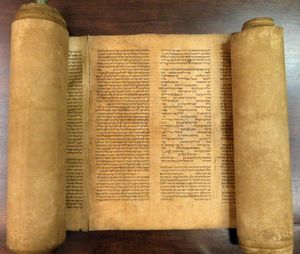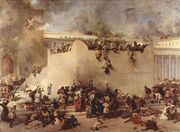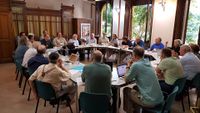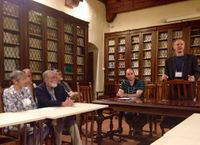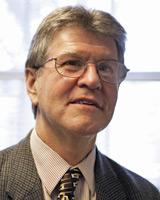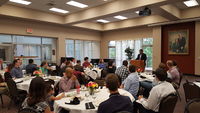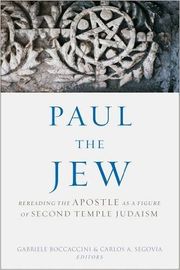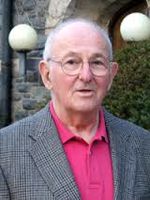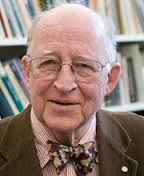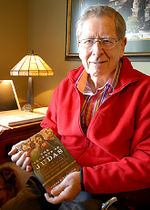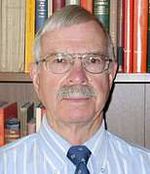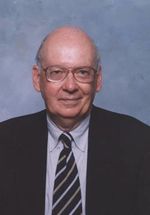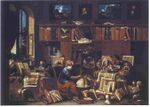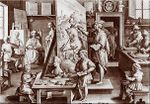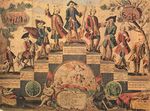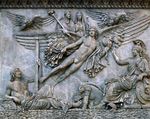Difference between revisions of "Main Page"
| Line 349: | Line 349: | ||
Enoch Seminar is now up and running on Twitter. Please follow the Enoch Seminar and encourage your followers to do the same. Our handle is: @Enoch_Seminar | Enoch Seminar is now up and running on Twitter. Please follow the Enoch Seminar and encourage your followers to do the same. Our handle is: @Enoch_Seminar | ||
[[File:Jacob Neusner.jpg|150px]] | |||
| Line 363: | Line 366: | ||
Distinguished professors [[Helmut Koester]], [[James M. Robinson]], [[Jack T. Sanders]], and [[D. Moody Smith]] passed away in 2016. | Distinguished professors [[Jacob Neusner]], [[Helmut Koester]], [[James M. Robinson]], [[Jack T. Sanders]], and [[D. Moody Smith]] passed away in 2016. | ||
}} | }} | ||
Revision as of 20:38, 8 October 2016
|
Welcome to 4 Enoch: The Online Encyclopedia of Second Temple Judaism, and Christian and Islamic Origins Scholarship and Fiction, from the 15th century to the present |
|
|
|
News
Enoch Seminar is now up and running on Twitter. Please follow the Enoch Seminar and encourage your followers to do the same. Our handle is: @Enoch_Seminar
|
"The Enoch Seminar" by Philip Jenkins (30 May 2016)
One of the most exciting areas today in Biblical scholarship (broadly defined) is the Enoch Seminar. Founded in 2001, it originally focused on the literature associated with the patriarch Enoch, but has since branched out massively, almost to become a field in its own right. The changing limits of that field are fascinating, both for their present state and their emerging dimensions.
The main Seminar meetings occur regularly in a variety of international settings, and are strictly intended for credentialed scholars, by invitation only. The actual roster of experts varies widely on each occasion, but with some continuity. Since 2006, there is also a graduate seminar that meets every two years, most recently last week in Austin TX, where I had the privilege of serving as a faculty mentor. So what does the Enoch Seminar do? It describes its topic areas as “Second Temple Judaism, Christian, Rabbinic and Islamic Origins,” and that staggeringly broad reach is deliberate. The basic theme is that the Jewish world between, say, 300 BC and 200 AD, included a great many ideas and themes, some of which fit well into standard and orthodox views of Jewish history, but others would be viewed as Christian, Jewish-Christian, Gnostic or Jewish-sectarian.
At the time, though, those various ingredients all belonged in one common cauldron of ideas, without hard boundaries separating them. Nor was it obvious which elements were going to become components of world religions, and which would be consigned to obscure heresies. The more you investigate this period, moreover, the more absurd become the traditional divisions that scholars once drew about which texts were “more Jewish,” and which Gentile or Hellenistic. (See for instance 150 years of debate on the Gospel of John). One theme that emerges repeatedly: just because an idea or theme does not fit within the mold of later Rabbinic Judaism does not mean that its origins were not thoroughly Jewish.
This is, in fact, one of the most critical eras in the history of religion. It also left a vast range of writings, including standard Jewish and Christian texts, but also a range of apocrypha and pseudepigrapha. You get a sense of the scope we are dealing with here from the various edited volumes that have emerged from the Seminar. In 2009, for instance, the main Seminar met in Italy, and its discussions appeared under the title New Perspectives on 2 Enoch, edited by Andrei A. Orlov and Gabriele Boccaccini. In 2012, again, the Seminar pursued the theme The Seleucid and Hasmonean Periods and the Apocalyptic Worldview, and that is now the title of the just published collection, edited by Lester L. Grabbe and Gabriele Boccaccini, with Jason M. Zurawski. For anyone working in the areas of early Jewish history and Christian origins, these collections are just indispensable.
To see what younger scholars are up to now, you can check out the titles of the recent Austin papers here. I stress, just the titles, not the full-length papers. All are very much works in progress, and the authors don’t want to give public access to works that are still in the course of development. Nor, understandably, do they want other people purloining their ideas before they can be properly published. But the list of topics is very wide, and deeply impressive, as was the dazzling diversity of themes. And so was the level of execution and presentation. If this is the next scholarly generation, this is wonderful news.
I had my own particular favorites from the papers presented, but won’t embarrass the ones I select or ignore! One question that does occur. Just glance at the range of eras, themes and societies covered in this conference. How on earth would we find a single overarching description for all these, if we did not use the convenience term “Enochic”?
If you trace the Enoch field through the past sixteen years, it is intriguing to see the directions in which research has been leading, logically and almost inevitably. Today, the main area of focus is shifting to Islamic origins, and the roots of Islam in Jewish and Christian soil. If recent seminars are anything to go by, watch for major insights and unsuspected connections in that area. And where next, we ask?
If you want to see the cutting edge actually cutting, this is where it is happening.
Overview
4 Enoch: The Online Encyclopedia of Second Temple Judaism and Christian Origins is an academic project of the Enoch Seminar, created in 2009 by Gabriele Boccaccini (University of Michigan, USA), in collaboration with the late Hanan Eshel (Bar-Ilan University, Israel), Loren T. Stuckenbruck (Princeton Theological Seminary, USA), and Carlos A. Segovia (Camilo José Cela University, Spain). The current Board of Directors of the Enoch Seminar includes: Gabriele Boccaccini (chair), Kelley Coblentz Bautch, Esther Eshel, Matthias Henze, Pierluigi Piovanelli, Carlos A. Segovia, and Loren T. Stuckenbruck. See the Enoch Seminar Website
Born as a bibliography in the early 1990s and developed as a database in the 2000s, 4 Enoch has been made freely accessible online in wiki-format since August 2009. It now includes more than 1,000 encyclopedic entries, 8,000 abstracts of scholarly and fictional works, 3,000 biographies of scholars and authors, from the 15th century to the present...
4 Enoch offers a comprehensive and authoritative introduction to Scholarship and Fiction in Second Temple Judaism (including Samaritan and New Testament Studies), i.e. the period from Ezekiel to the completion of the New Testament and the Mishnah. It also deals with the roots of Second Temple traditions in the Ancient Israelite Religion, as well as the influence and legacy of those traditions for Christian, Jewish and Islamic Origins, up to the time of the completion of the Qur'an. 4 Enoch includes scholarly and fictional works authored from the mid-15th century to the present, all around the world, with biographies of Scholars and Authors and a Dictionary of People, Places, Topics, etc. of Second Temple Judaism & Christian Origins.
With more than 20,000 pages, "4 Enoch" provides a comprehensive WHO's WHO of the period, as well as BIOGRAPHIES of Scholars and Authors, and ABSTRACTS of scholarly and fictional Works, authored from the mid-15th century to the present, all around the world. Still a work in progress, the Encyclopedia, created in 2009 by Gabriele Boccaccini of the University of Michigan with the collaboration of Carlos A. Segovia of the Camilo Jose Cela University Madrid, is the collective work of international specialists in the field associated with the Enoch Seminar [1]
- Are you a scholar or graduate student, and would you like to contribute to the Encyclopedia? Please, contact Editor-in-Chief Professor Gabriele Boccaccini <gbocca@umich.edu>, or Associate Editor Professor Carlos A. Segovia <segoviamail@gmail.com>, and join the team of international specialists working in this project.
- Visit ENOCH SEMINAR Online to see the many activities of the Enoch Seminar.
- 4 Enoch is a work in progress (changes are made of a daily basis). Some entries are fully developed, others exist only in a draft form. Everytime you visit the site, you will see that new features have been added.
- It is the editors' understanding in good faith that each and all uploaded images are either of public domain or are here reproduced exclusively for non-commercial, educational purposes. If by mistake any rights were violated, the image will be immediately removed.
- Note: 4 Enoch is a work in progress. In the first phase (Aug 2009 - Jul 2010) thousands of entries (abstracts of works of scholarship and fiction, biographies of scholars and authors, etc.) were included.
The keywords associated with each bibliographical and biographical entry have generated numerous "Subject entries" or "Categories" (now existing mostly in a draft form), which in the second phase of the project (Aug 2010 - Aug 2014) are now in the process of being assigned to specialists and developed as original contributions to the study of Second Temple Judaism and Christian Origins
Editorial Board
- Gabriele Boccaccini, University of Michigan (USA) – Editor-in-chief
- Carlos A. Segovia, Camilo Jose Cela University (Madrid, Spain, EU) – Associate Editor and Chair of the Editorial Board
- Samuele Rocca (Israel)
- Géza G. Xeravits, Selye J. University (Komarno, Slovakia, EU)
- Rodney Caruthers, University of Michigan (USA)
- Deborah Forger, University of Michigan (USA)
- Carlos A. Segovia, Camilo Jose Cela University (Madrid, Spain, EU) – Associate Editor and Chair of the Editorial Board
Thematic Board
- Samuele Rocca (Israel) – Associate Editor and Chair of the Board
- Shayna Sheinfeld, Centre College (Danville, Kentucky, USA) – Associate Editor and Co-Chair of the Board
- Gabriele Boccaccini, University of Michigan (USA) – in charge for Second Temple Studies
- Leonard V. Rutgers, University of Utrecht (Netherlands, EU) – in charge for Hellenistic-Jewish Studies
- Jan Willem van Henten, University of Amsterdam (Netherlands, EU) – in charge for Josephus Studies
- Carlos A. Segovia, Camilo José Cela University (Madrid, Spain, EU) – in charge for Early Islamic Studies
- Emilio González Ferrín, University of Seville (Spain, EU) – in charge for Early Islamic Studies
- Jack Pastor, Oranim Academic College (Israel) / Second Temple Studies
Language Board
- Géza G. Xeravits, Selye J. University (Komarno, Slovakia, EU) – Associate Editor and Chair of the Board
- Daniel Assefa, Capuchin Franciscan Institute of Philosophy and Theology (Addis Abeba, Ethiopia) – in charge for Ethiopic Scholarship
- Florentina Badalanova-Geller, Freie-Universität Berlin (Germany, EU) – in charge for Bulgarian Scholarship and Serbo-Croatian Scholarship
- Emmanouela Grypeou, University of Oxford (England, UK, EU) – in charge for Greek Scholarship
- Paul Kim, Methodist Theological School (Ohio, USA) – in charge for Korean Scholarship
- Ludmila Navtanovich (St Petersburg, Russia) – in charge for Russian Scholarship
- Rivka Nir, Open University of Israel (Israel) – in charge for Israeli Scholarship
- Mika Pajunen, University of Helsinki (Finland, EU) – in charge for Finnish Scholarship
- Stephane Saulnier, Newman University (Wichita, Kansas, USA) – in charge for French Scholarship
- Carlos A. Segovia, Camilo Jose Cela University (Madrid, Spain, EU) – in charge for Spanish Scholarship
- Carla Sulzbach, McGill University (Montreal, Canada) – in charge for Dutch Scholarship
- Alexander Toepel, University of Tübingen (Germany, EU) – in charge for German Scholarship
- Cecilia Wassen, University of Uppsala (Sweden, EU) – in charge for Swedish Scholarship
- Géza G. Xeravits, Selye J. University (Komarno, Slovakia, EU) – in charge for Hungarian Scholarship
